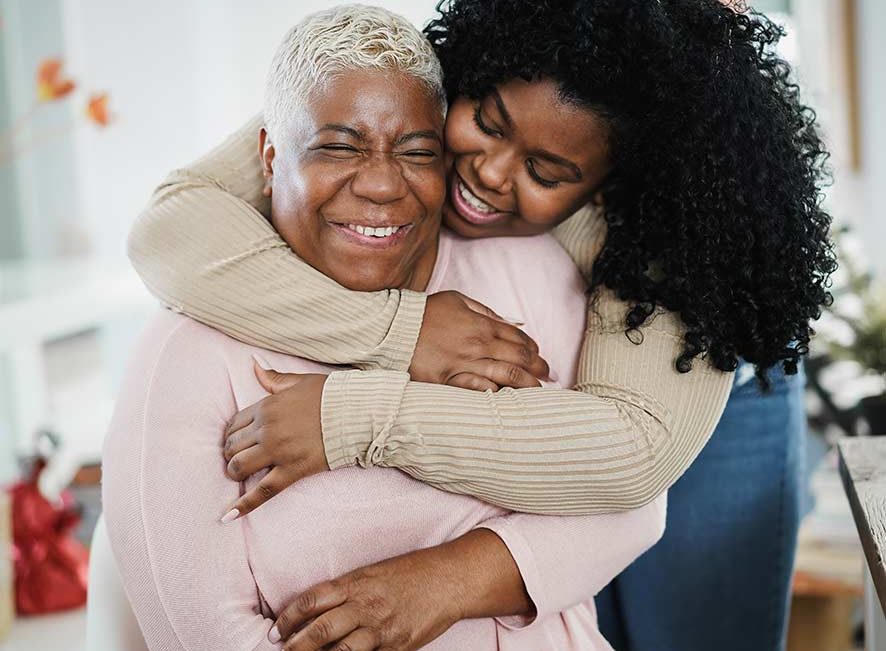The Expanding Need for In Home Care Givers: Factors Families Pick Professional Care Over Conventional Facilities
The increasing preference for at home caregivers over typical facilities is a considerable fad improving the landscape of older care. Families are drawn to the advantages of individualized care that lines up with private needs and preferences, permitting elders to maintain a sense of autonomy in a familiar atmosphere. This change additionally highlights the psychological and financial factors to consider that affect decision-making. As we explore the myriad elements adding to this expanding need, the effects for both caretakers and family members become progressively obvious. What does this mean for the future of caregiving?
Customization of Care
Personalization of care in home caregiving is important for fulfilling the unique requirements of each individual (home care providers australia). This strategy ensures that treatment strategies are customized to the details needs of the person, considering their case history, personal choices, and way of living. By concentrating on the individual's unique conditions, caretakers can promote a sense of dignity and freedom, which is usually doing not have in more institutionalized settings

Home caregiving enables for constant monitoring and adjustment of care methods, ensuring that modifications in wellness standing or individual preferences are without delay dealt with. Ultimately, customized care in home setups substantially contributes to the total wellness of customers, making it an important part of modern caregiving techniques.
Convenience of Home Setting
The convenience of a home setting plays an essential function in the performance of home caregiving. Many people, specifically seniors, experience increased stress and anxiety and anxiety when put in strange settings such as conventional care facilities. Home caregiving offers an acquainted atmosphere, loaded with individual valuables, cherished memories, and the complacency that originates from being in one's own space. This experience can substantially enhance emotional health, which is vital for recovery and total health and wellness.
Additionally, the home environment permits for a tailored technique to caregiving, accommodating private preferences and regimens. Households can create an atmosphere that shows their liked one's way of life, making sure that treatment is delivered in a manner that feels natural and comfy. This personalized setting urges much better interaction and interaction in between customers and caregivers, promoting depend on and connection important for efficient treatment.
Furthermore, the convenience of home can promote social connections, as member of the family and close friends can see more conveniently, supplying crucial psychological assistance. ndis plan manager. Generally, the home setting not just helps to keep dignity and autonomy yet also contributes to a greater quality of treatment, making it a preferred choice for family members seeking specialist caregiving services

Boosted Freedom for Senior Citizens
Home caregiving not only offers convenience however additionally promotes enhanced self-reliance for elders. Unlike traditional facilities, at home treatment permits seniors to preserve their daily regimens and participate in familiar tasks within their own their explanation atmosphere. This autonomy is crucial for their emotional well-being and total high quality of life.

In addition, in-home caretakers can adjust their services to provide specifically to the distinct needs of each elderly, promoting a better feeling of control. This flexibility makes sure that elders can enjoy their leisure activities, fraternize friends and family, and continue to be active in their neighborhoods, further improving their sense of self-reliance.
Eventually, in-home caregiving not only addresses the physical needs of elders yet additionally equips them to lead satisfying lives, making it an increasingly preferred choice for households looking for the most effective treatment solutions for their liked ones.
Cost-Effectiveness of In-Home Care
At home treatment offers a cost-efficient option to standard nursing centers, allowing households to give quality support for their liked ones without sustaining inflated expenditures. The expenses related to assisted living facility can be overwhelming, usually exceeding $100,000 each year, which can drain funds swiftly. In contrast, at home treatment services usually charge on a hourly or per-visit basis, making it possible for households to tailor care plans according to their budget and certain demands.
Additionally, at home treatment eliminates additional costs connected with facility living, such as space, transport and board, and different management fees. Family members can choose to engage caretakers only when needed, potentially lowering overall expenditures. A considerable benefit of at home treatment is the ability to preserve individual regimens, which can contribute to much better psychological wellness and lower the advice need for expensive medical treatments arising from abrupt way of living changes.
Insurance policy coverage, including lasting treatment insurance, frequently encompasses at home care services, better boosting monetary access (home care providers). In general, the cost-effectiveness of in-home care not only reduces the economic concern on households but also promotes a more customized strategy to care that lines up with individual preferences and needs
Structure Stronger Family Members Connections
Offering care in a familiar setting promotes much deeper household connections, enabling liked ones to proactively take part in the caregiving procedure. In-home care produces opportunities for family members to involve meaningfully with their elderly or impaired relatives, promoting emotional bonds that can be hard to achieve in institutional setups. The existence of professional caretakers makes it possible for member of the family to concentrate on their relational duties instead of being strained by the physical needs of treatment.
Furthermore, at home treatment permits families to preserve their treasured regimens, which can reduce feelings of stress and anxiety and disorientation often associated with relocation to care centers. Shared dishes, acquainted environments, and the convenience of home provide a sense of stability that improves wellness and promotes open interaction.
Family members can collaborate with caregivers to establish individualized care plans that mirror the specific preferences and demands of their loved ones. This joint strategy not only equips the senior but likewise strengthens the family system, as participants share responsibilities and support each other with tough times. Ultimately, at home treatment cultivates a caring environment where partnerships can prosper, enhancing the high quality of life for both caretakers and recipients.
Verdict
The boosting preference for in-home caretakers highlights a substantial shift in how families come close to elderly care. As these elements line up, at home treatment arises as an engaging choice to traditional centers, eventually promoting the wellness and high quality of life for seniors.
Families are attracted to the advantages of personalized treatment that aligns with individual needs and choices, permitting senior citizens to keep a feeling of autonomy in an acquainted atmosphere.At home care supplies an affordable choice to conventional nursing centers, enabling families to supply top quality support for their enjoyed ones without sustaining excessively high costs. In contrast, at home treatment services normally bill on a per-visit or per hour basis, enabling families to tailor care plans according to their budget plan and certain demands.
At home treatment produces chances for family members to engage meaningfully with their senior or disabled relatives, advertising psychological bonds that can be hard to attain in institutional setups.The raising choice for at home caretakers highlights a significant shift in exactly how family members come close to elderly treatment.